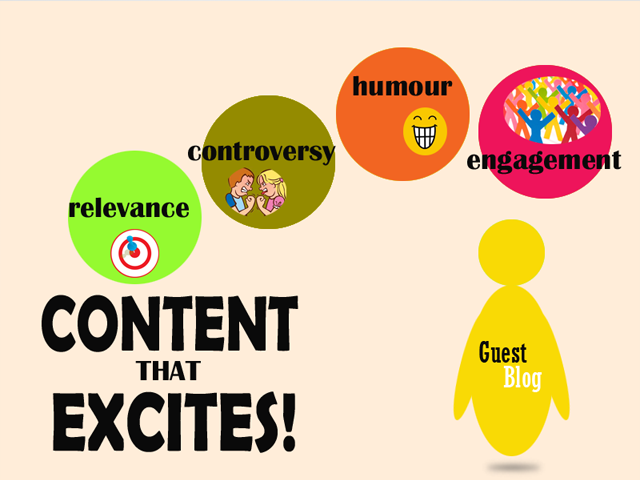
by admin | Sep 9, 2013 | Search Engine Optimization
You see two girls walking down the street that are wearing the exact same dress. One girl is beautiful looking while the other girl is average looking. Which one will you look at? The answer is obviously towards the beautiful girl. The same is the case with guest...

by admin | Aug 10, 2013 | Website Design
In modern times, online businesses generate more revenue than offline businesses. There are mainly two reasons for this. First one is globalization of market. Today you can be a company situated in Australia serving a client somewhere in UK on a daily basis. It was...

by admin | Jul 25, 2013 | Search Engine Optimization
Post the latest Penguin update, many webmasters I know have experienced sleepless nights owing to the loss of coveted positions on Google. Many have approached us seeking answers to ‘what may have possibly gone wrong’. The most common claims are – we follow white had...

by admin | Jul 10, 2013 | Website Development
Carpenters, dentists, plumbers and masons, not to forget cleaning service providers including laundry service providers – all need a website. In fact, the sensible lot among them have already made the move. Surprised? I do not imagine this should come as a...

by admin | Jun 25, 2013 | Search Engine Optimization
SEO is more than adding fresh content, and definitely far from link building. And the scene continues to evolve with time. Over the years, working on major SEO projects, it is safe to conclude that an SEO company is as involved in the success of your website as much...





